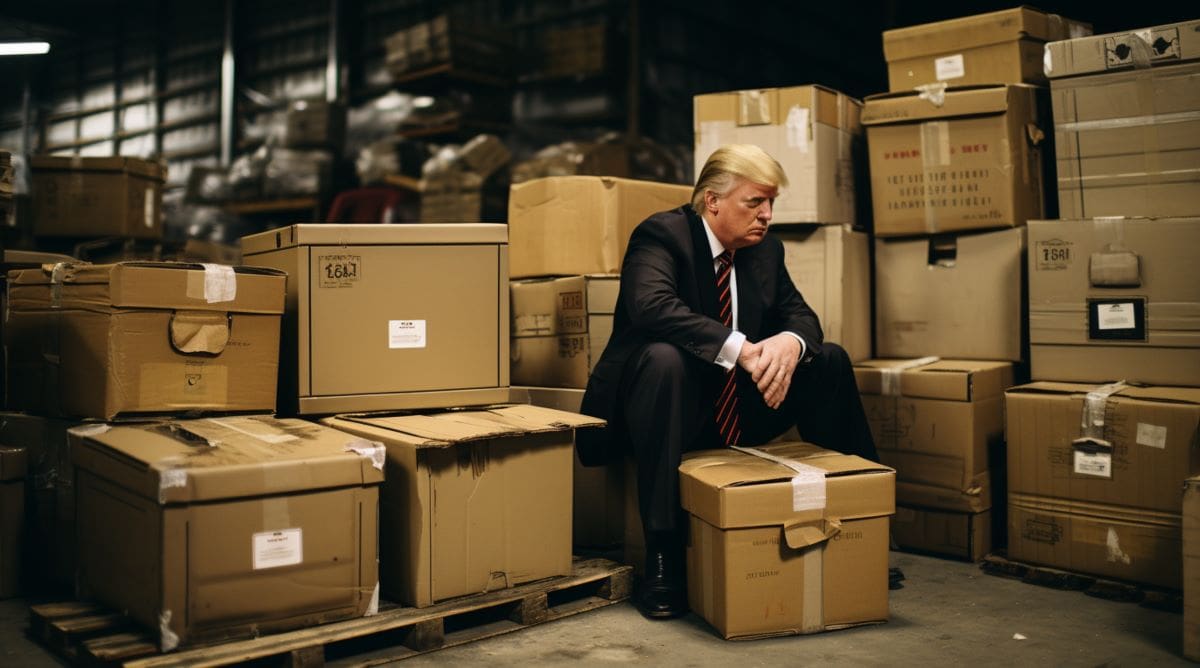
In a surprising series of cancellations, former President Donald Trump has been notably absent from major media appearances and debates, drawing attention to what seems like a deliberate media blackout.
His recent moves, which include canceling a high-profile interview on CBS’s “60 Minutes” and backing out of the only confirmed debate with Vice President Kamala Harris on ABC, have left political commentators and voters wondering if Trump is avoiding the mainstream media spotlight for strategic reasons.
The 60 Minutes Cancellation
Trump recently withdrew from an anticipated interview with CBS’s “60 Minutes,” where the show’s producers indicated he demanded an apology for their coverage during the 2020 election. The Trump campaign gave various reasons for canceling, ranging from dissatisfaction over fact-checking procedures to grievances about the network’s past conduct. The move left CBS scrambling as they tried to work with Trump’s shifting demands right up until the cancellation itself. Vice President Kamala Harris, in contrast, followed through with her interview, gaining extensive media exposure while Trump remained silent—a stark contrast to his previous readiness to appear on the program every election cycle since 1968, suggesting a deliberate shift in media strategy by Trump’s team (The Wrap).
Debate Drama: Backing Out and Switching Venues
In the debate arena, Trump’s tactics have been equally erratic. Originally scheduled to face Vice President Kamala Harris on September 10 in an ABC debate, Trump backed out of the commitment, instead proposing a showdown on Fox News—a platform he has historically found more favorable. The Harris campaign criticized Trump’s reluctance, suggesting that he is trying to avoid direct confrontation with Harris. Trump’s withdrawal sparked mockery from the Harris camp, which called him “Mr. Anytime, anywhere, anyplace,” mocking his previous bravado about debating under any conditions. As a result, both camps are now locked in a stalemate, with no clear schedule for when or if they will meet on the debate stage.
Trump’s decision to favor Fox News over ABC is part of his broader shift away from traditional news outlets, which his campaign views as hostile. Instead, Trump suggested a debate moderated by Fox anchors Bret Baier and Martha MacCallum, positioning the event in a battleground state, Pennsylvania, where his base support is critical. Harris, however, did not agree to this new setup, which she called an attempt by Trump to retreat to a “safe space”.
Controversial NABJ Interview
Further adding to the narrative of a media retreat, Trump’s recent interview at the National Association of Black Journalists (NABJ) Annual Convention in Chicago only seemed to hurt his campaign. The former president made remarks questioning Vice President Harris’ racial identity, which sparked widespread backlash. This was Trump’s first significant media event since Biden withdrew from the 2024 race, but it quickly became a source of controversy. His comments about Harris “turning Black” from previously identifying as Indian were seen as racially insensitive, and drew condemnation from both sides of the aisle. This performance underscored the challenge Trump faces in connecting with a broader electorate, particularly Black voters and swing voters, while avoiding controversial topics that alienate those groups.
A Strategy of Control?
Trump’s strategy appears to be one of careful control over his public appearances, favoring environments where he feels in command. Whether it’s proposing debates on Fox News or engaging with media outlets that are less likely to challenge him, Trump seems intent on minimizing exposure to scenarios where his opponents could dictate the narrative. This strategy could be in response to Harris’ rising poll numbers, as Trump’s campaign appears concerned about her momentum since becoming the Democratic frontrunner (Politico).
The repeated cancellations and attempts to switch debate venues point towards a campaign that is wary of putting Trump in uncontrolled environments, potentially highlighting vulnerabilities as the election nears. However, this approach risks losing a crucial segment of voters who may perceive the actions as evasive.
